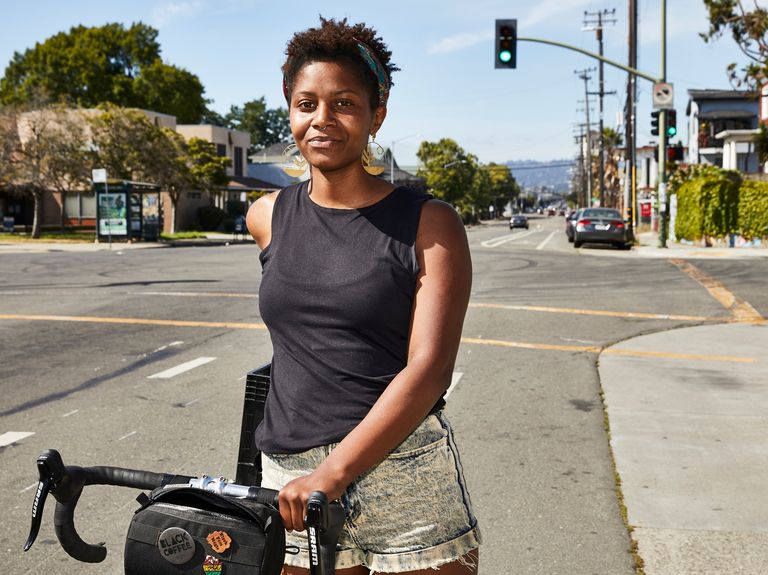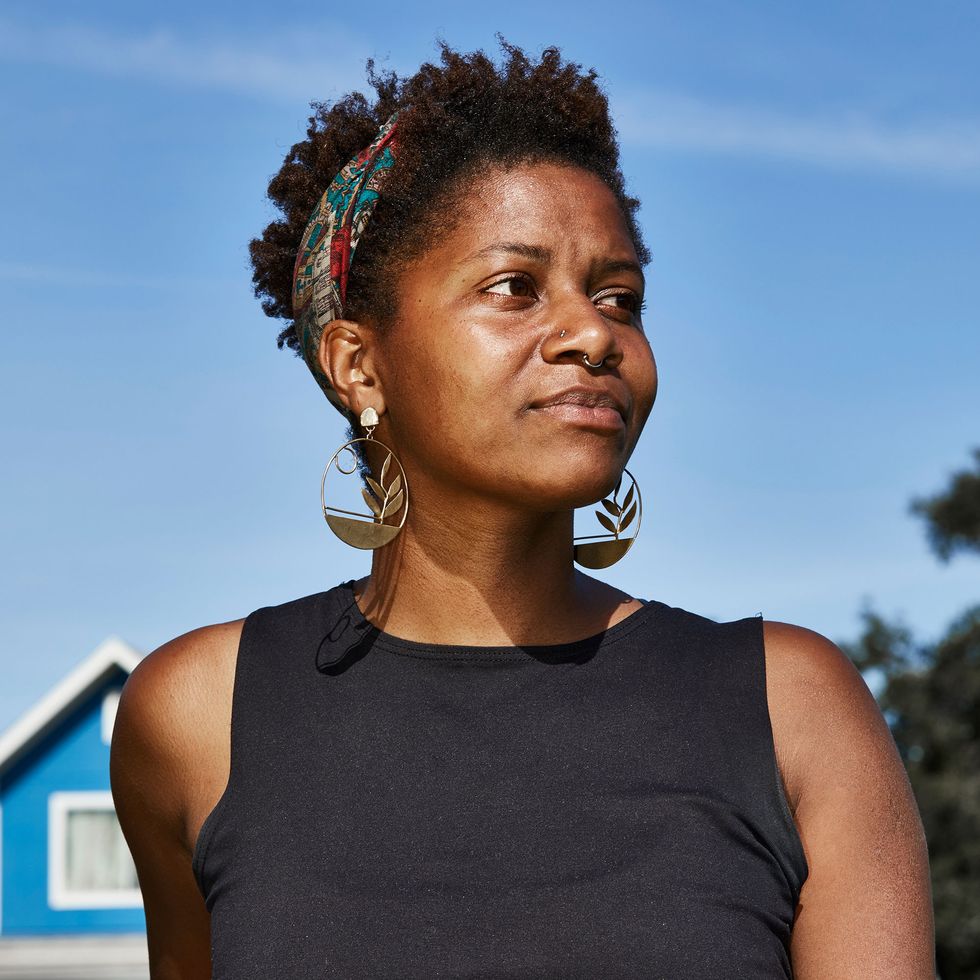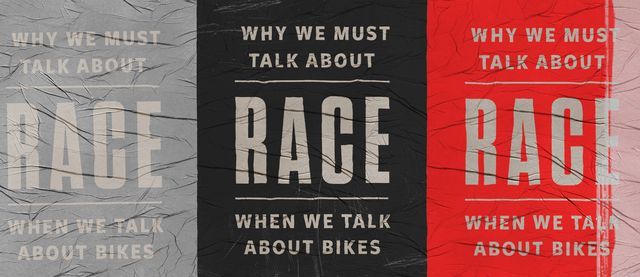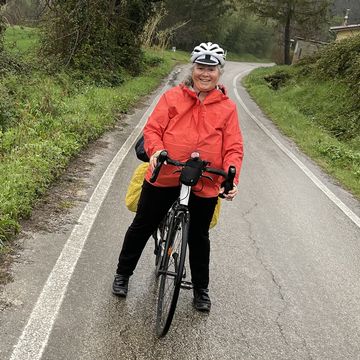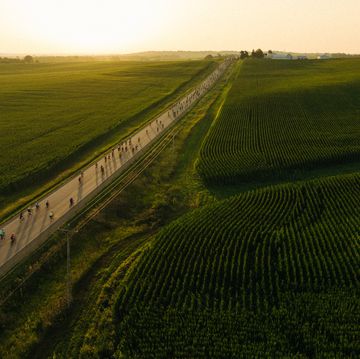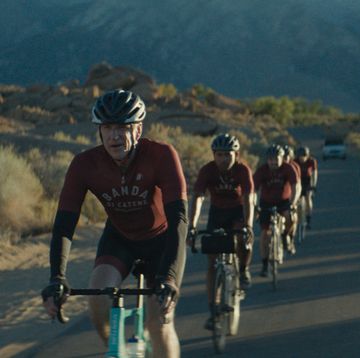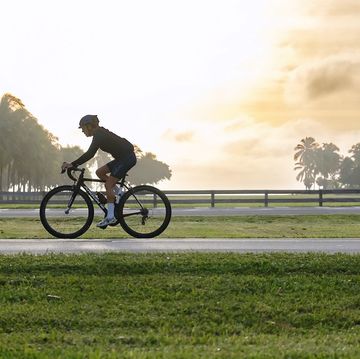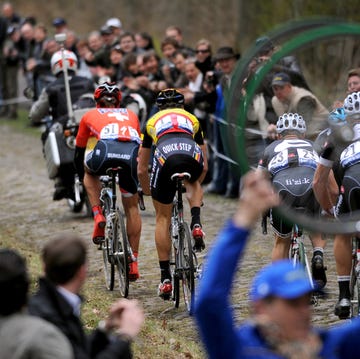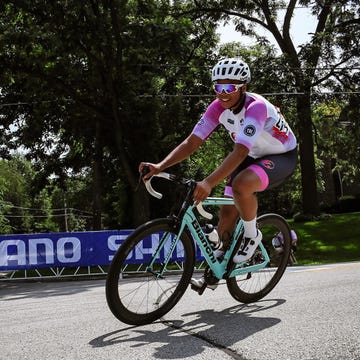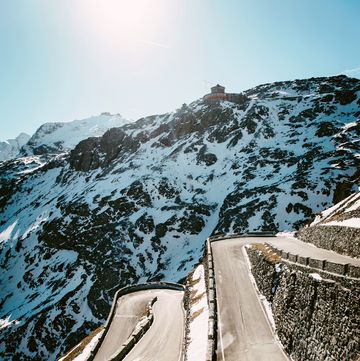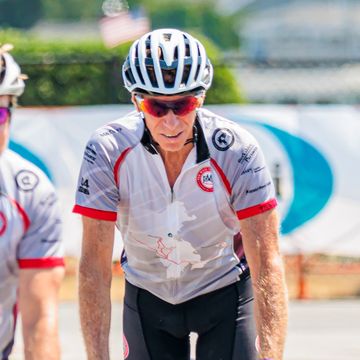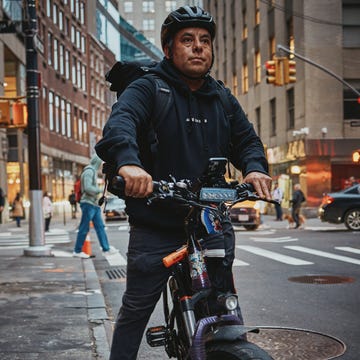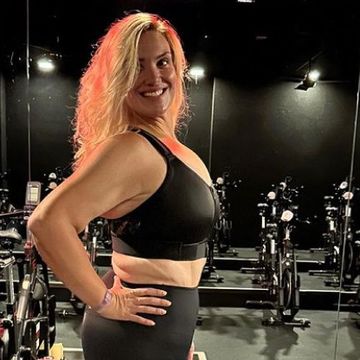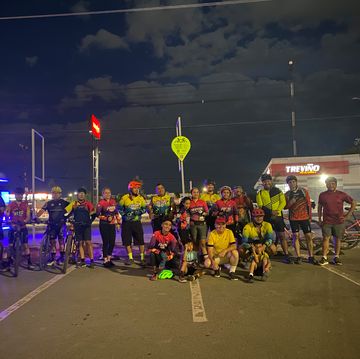I’m constantly evaluating and negotiating space as a Black woman on a bike, in a car, on the street, in the store, at the beach. Always. A few years ago, I was about to move from Lander, WY, back to Oakland, CA. I decided to do a 200-mile solo trip across Wyoming as a farewell. The trip for me was as exciting as it was terrifying. As someone who loves riding long distances alone, I have to be very diligent in my planning process. I always need to know where my stops are in advance, because getting lost has high consequences in the wrong places.
People often ask what makes me feel safe in cycling communities, and for me the answer is simply seeing other Black women and trans and non-binary people. I feel most safe and seen when I’m in spaces where I feel reflected, seen, and celebrated.
Please don’t think you’re doing Black people a favor by promoting your color blindness or claiming that “bikes don’t discriminate.” Of course, bicycles aren’t racist but cyclists can be, both overtly and covertly. And we don’t somehow magically shed our Blackness when we get in the saddle. Honestly, I need you to see my skin color because my experience as a Black cyclist greatly differs from non-Black cyclists and I need you to know and see that.
The fight against anti-Black racism and white supremacy isn’t going to be won with a flimsy Black Lives Matter statement. It’s going to take deep systemic change and action. It’s going to take white folks in leadership stepping aside for Black leadership. It’s going to take divestment from working with police and other institutions that uphold and represent violence against Black folks. It’s going to take recognizing that cycling is more than a recreational sport. It’s a means of transportation, resistance against climate change, and a tool for joy.
One thing I love most about Black folks is that we won’t stop fighting for justice and taking up space in places we know we belong, and that includes cycling. We’ve been here. We’re still here. And we’re always going to be here.
Grace Anderson, 30, co-director for the PGM ONE Summit, a grassroots organization that fights for environmental justice and collective liberation.
More Stories from Black People Who Love Bikes
